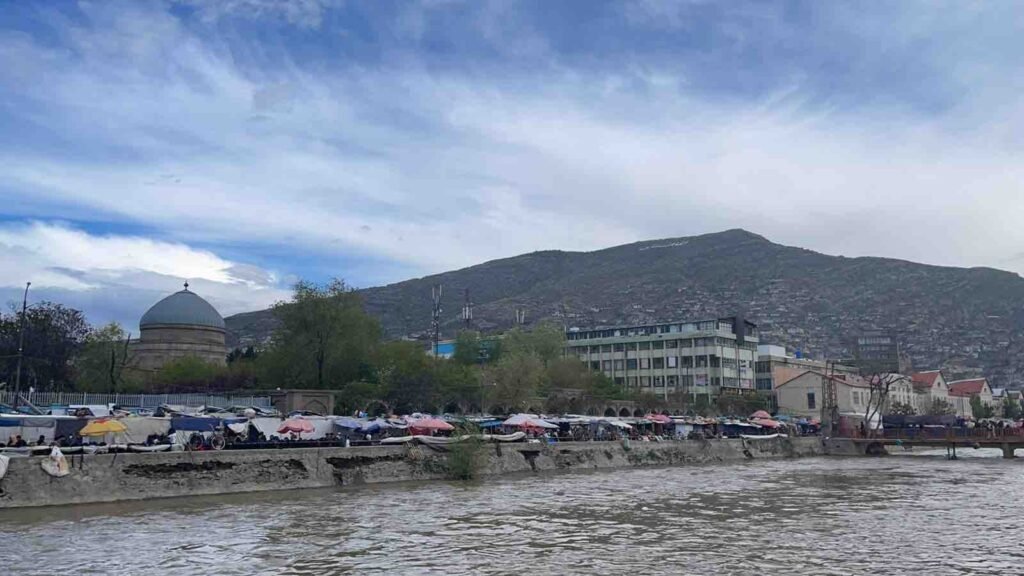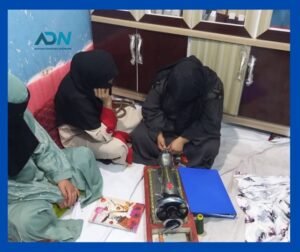Uncertain Fate: German Deportations Cast Shadow Over Afghan Refugees

Pul-e Bagh-e Umomi along the Kabul River, Kabul, April 2024. Photo by @AADIL for ADN.
By Ilhamuddin Afghan
The German government’s recent announcement regarding the deportation of certain Afghan nationals has generated significant anxiety amongst the asylum seekers and their families in Germany and Afghanistan.
German Interior Minister Nancy Faeser ignited concerns when she disclosed ongoing negotiations with several countries outside the European Union, including Uzbekistan, to facilitate the deportation of Afghans deemed a security threat.
“We are doing everything possible to find ways to deport criminals and dangerous people to both Syria and Afghanistan,” Faeser recently said, reflecting the German government’s focus on national security interests.
The German Spiegel magazine recently reported that Germany is considering utilizing intermediary nations like Uzbekistan to deport these Afghan nationals. This policy directly targets those accused of criminal activities, a response to recent high-profile incidents involving Afghan nationals in Germany, including a fatal stabbing of a police officer and a police shooting that killed an Afghan.
While the German government focuses on removing perceived threats, the anxieties of both Afghan asylum seekers in Germany and their families back home have intensified. Many fear that even law-abiding loved ones could be inadvertently caught in the crossfire of these stricter measures.
“The news of Afghans involvement in crimes in Germany has me worried. I am worried my son might be deported. If his case isn’t accepted, it will be a huge problem for me, and eventually, he will be sent back, causing us many difficulties,” Tamas Khan a resident of eastern Nangarhar province said.
Like many Afghans who live in Europe, Khan’s son also undertook a perilous journey, costing the family over $10,000, to reach Germany a year ago.
Similar anxieties grip Mohammad Din from Kabul. His son endured a gruelling journey via Iran and Turkey, facing rejection from Turkish authorities multiple times, before finally reaching Germany.
“Afghans are generally hot-tempered and have little patience, but travelling on these difficult roads can cause mental problems, making them even more violent,” he said.
“I am worried about my son because he has some mental issues. He was harassed by border police between Iran and Turkey, and his injuries have not healed. This is the worst memory of my life, and I will never forget it,” Din said.
“These worries consume me and my family every single day.” he said with tears in his eyes.
The Taliban’s takeover in August 2021 triggered a renewed exodus of Afghans, particularly young people, seeking refuge in Europe, with Germany being a prime destination. Despite the dangers of the journey and the uncertain prospects of asylum acceptance, hundreds of Afghans leave daily, driven by unemployment, human rights abuses, and a perilous security situation within their homeland.
Media reports paint a grim picture of the hardships endured by Afghans on these treacherous journeys. While the flow of refugees had slowed somewhat in recent years, the Taliban’s resurgence has accelerated the trend. The stark reality is that many Afghans, despite the immense risks and challenging asylum processes, feel they have no choice but to flee in search of safety and a glimmer of hope for their future abroad.
The current German policies and the broader situation serve as a stark reminder of the complex issues facing Afghan refugees globally. As long as Afghanistan remains mired in crisis, the exdus of Afghans will likely continue, posing significant challenges for both the refugees and the countries offering them temporary haven. The international community’s response will be crucial in shaping the future of these displaced individuals and their families.
Ilhamuddin Afghan is a university professor based in Afghanistan.
Note: The contents of the article are of sole responsibility of the author. Afghan Diaspora Network will not be responsible for any inaccurate or incorrect statement in the articles.






